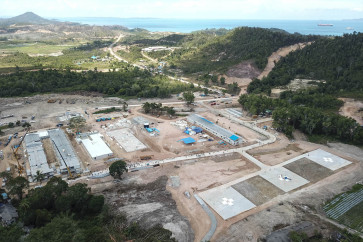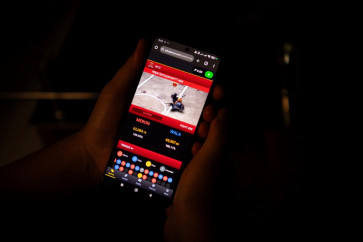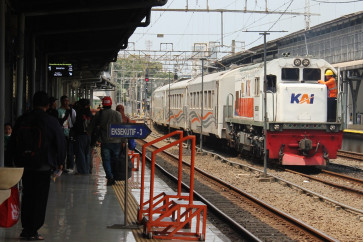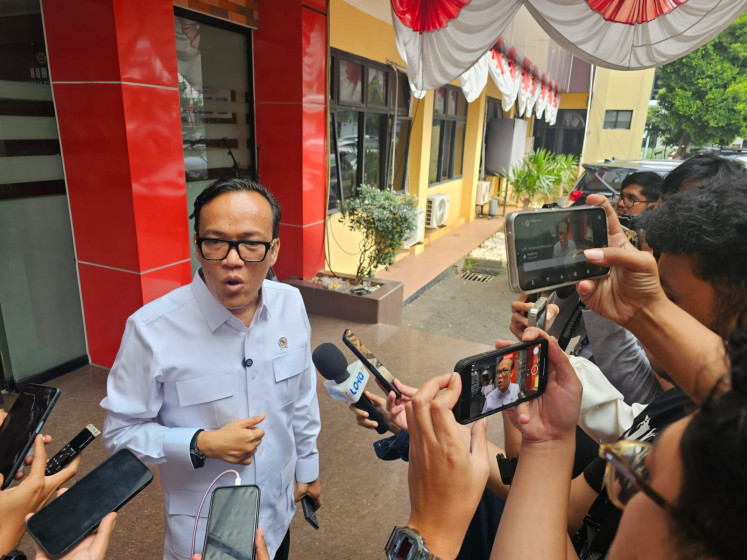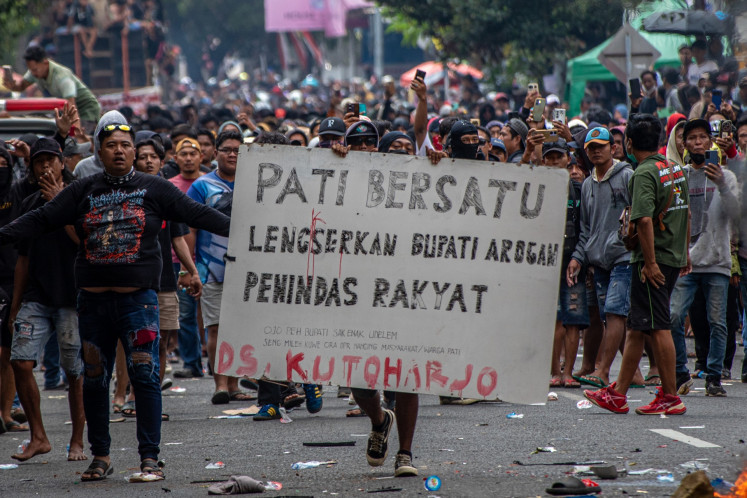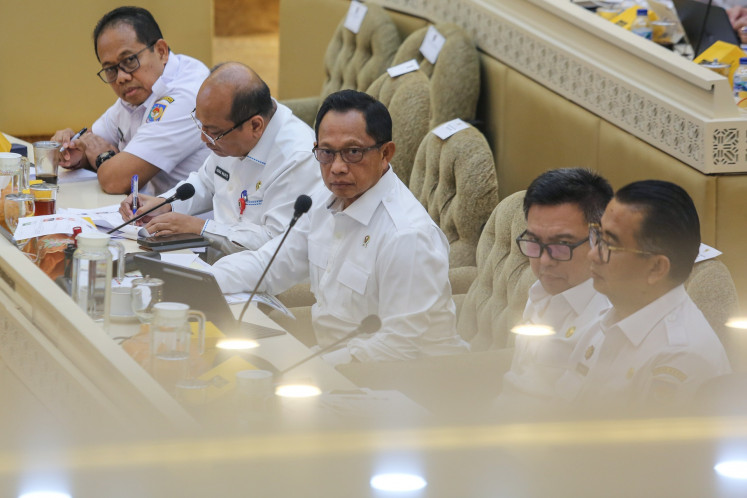Popular Reads
Top Results
Can't find what you're looking for?
View all search resultsPopular Reads
Top Results
Can't find what you're looking for?
View all search resultsIn memoriam Arief Budiman, architect of the democracy movement
In the early 1980s while concluding my doctoral thesis on why the Indonesian Communist Party (PKI) had failed, senior editor Joesoef Isak told me that if I really wanted to follow up by studying democratization — even though very few deemed this an option for Indonesia at the time — I must meet the scholar Arief Budiman in Salatiga, Central Java
Change text size
Gift Premium Articles
to Anyone
I
n the early 1980s while concluding my doctoral thesis on why the Indonesian Communist Party (PKI) had failed, s
enior editor Joesoef Isak told me that if I really wanted to follow up by studying democratization — even though very few deemed this an option for Indonesia at the time — I must meet the scholar Arief Budiman in Salatiga, Central Java.
Upon reaching Arief’s temporary house on the grounds of Christian Satya Wacana University, it was raining torrentially and the roof was leaking. The television was working fine, however, and an important sports tournament was in progress.
So without the polite Javanese manners of which both of us were less inclined, Arief greeted me by shouting happily from inside that, while it was good to finally meet, political discussions must wait until the match was over.
Meanwhile, I should squeeze in between him and his wife Leila and watch carefully because, he smiled, “Badminton is what Indonesia is good at, despite Soeharto.”
So, first things first. And then we talked, and the conversation was an easy one. We both approached Indonesia from a comparative perspective. Arief was interested in the Global South as a whole, especially Southeast Asia. But we also exchanged our similar insights on India, South Africa and Latin America.
And then there was social democracy, including the Swedish system. When visiting us, he was also fond of a particularly tasty kind of ice cream and Nordic romantic music.
Yes, in between debates, Arief was a romantic and a most warm-hearted person. He lived with his beloved psychologist wife Leila, and his immediate circle included friends, students and activists in the egalitarian way he strived for in society. Humorous, listening and never preaching, he read Jean-Paul Sartre’s combination of Marxism and humanism as well as Simone de Beauvoir’s Second Sex.
He watched pioneering films but also enjoyed an American hamburger. Religion was not important to him, but ethics was. He even offered drinks to the bored, plainclothes cops outside his house. And he kept aggressive geese in his garden for security, as keeping watchdogs was less appropriate in a Muslim community.
______
He felt lonely and was physically separated from the close combination of theory and practice that was his strength and hallmark.
______
Some say Arief was not a theorist, which is true. He was beyond that. Throughout his life, he identified hypotheses and arguments and then tried them out in both theory and practice.
In the 1960s, when Soe Hok Djin, alias Arief, a young student of psychology, fought “Guided Democracy” to gain freedom, activists were influenced by political scientist Samuel Huntington’s theory that modernization would not generate liberal democracy without “politics of order”.
And when this failed with the massacres and a dictatorship, Arief with fellow activists tried in the early 1970s to reform the New Order based on the belief that students constituted a “moral force”. But this, too, failed.
Arief escaped subjugation thanks to a fellowship at Harvard University, where he became a sociologist and wrote his PhD thesis on Chile. In doing so, he realized that Salvador Allende’s attempts at socialist development had been snuffed out by the same type of Huntingtonian “middle-class coup” that had brought Soeharto to power.
So, by the time he returned to Indonesia in 1981, he had abandoned the modernization theory and had instead switched to its opposite: that development and democracy were held back by international dependency and imperial capitalism.
Still, he was worried that it did not make complete sense. Discussions at Arief’s and Leila’s new tasteful home and numerous meeting places concluded, on the basis of new studies and insights from across Indonesia, that the New Order regime was not just dependent on international capital. In addition, its rulers used military and political power to accumulate their own capital.
Struggling for democratic control of public resources might be an option to fight this, but would it be possible, and how? That would become the theoretically guided research question in the years to come.
In the 1980s and 1990s, Arief became an authority among the intellectuals who shaped the rise of Indonesia’s democracy movement. He had two priorities: first, to foster a new generation of critical students who rethought the past, and second, to support the victims of authoritarian development and to promote alternative paths via NGOs that could give rise to organized political actors.
Contributing as educator, public intellectual and activist was as important as producing research reports. And when he wrote, his prose was often minimalistic and deemed naïve among pretentious academicians.
But Arief’s ability to simplify unnecessarily complicated texts was outstanding, such as when cutting through a long, introverted discussion of what characterized democratic actors by asking, who are the producers, users and abusers.
In 1994, however, when Soeharto’s brief period of openness came to an end, it was not just the media outlets Tempo, Detik and Editor that suffered. Arief and his close colleagues were also ousted from their university.
The attempts to help him sustain his efforts alongside committed journalists were insufficient. Arief continued his scholarly work as a professor of Indonesian Studies at the University of Melbourne, teaching students and editing books.
He certainly continued to advise the democracy movement at home, but he felt lonely and was physically separated from the close combination of theory and practice that was his strength and hallmark.
We missed him dearly, for example in the assessments of Indonesia’s democratization. A committed native scholar of his caliber would have made a difference. Later, illness came in the way. And now, my Indonesian mentor is no more.
Arief Budiman shaped much of the Indonesian democracy movement over nearly four decades. Nelson Mandela’s statement on mortality, written on a wall in Cape Town, holds true for Arief as well: “When a man has done what he considers to be his duty to his people and his country, he can rest in peace.”


